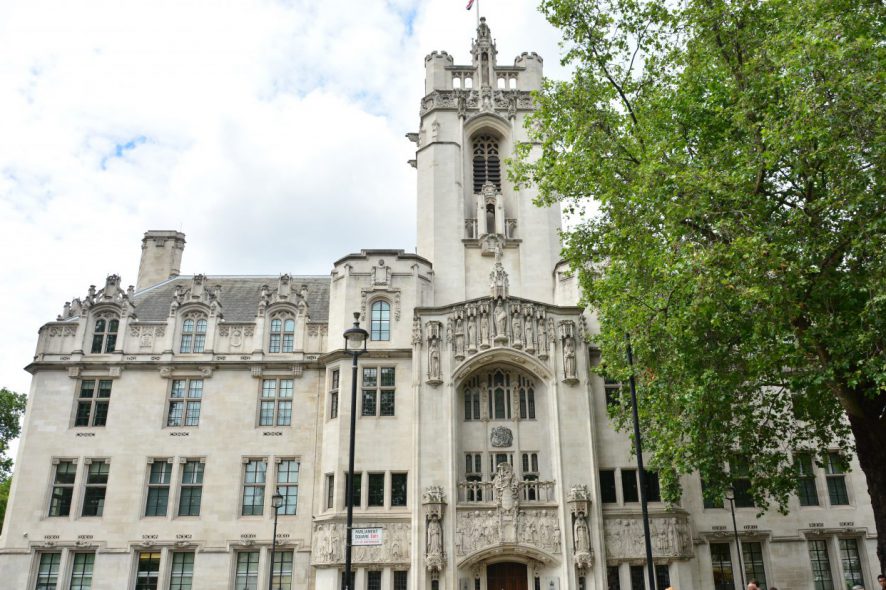Supreme Court of United Kingdom : While deciding the question that whether evidence obtained by members of the public acting as “paedophile hunter” (hereinafter PH) groups, can be used in a criminal and whether it is compatible with an accused person’s rights of private life and correspondence under Art. 8 of the European Convention on Human Rights (hereinafter ECHR), the 5 Judge Bench of the Court, unanimously held that, “the interests of children have priority over any interest a paedophile could have in being allowed to engage in criminal conduct”. The Bench emphasised that in the absence of any state surveillance where the issue is regarding the balance of interests of a paedophile and the children who are the recipients of the relevant communications; the reprehensible nature of the communications means that such accused persons will not attract protection under Article 8(1) of the ECHR.
The modus operandi of a PH group is to impersonate children online to lure persons into making inappropriate or sexualised communications with them over the internet, and then provide the material generated by such contact to the police. One such PH group created a fake profile on the Grindr dating application using a photograph of a 13 year old boy so as to attract communications from persons with sexual interest in children. Believing that the decoy was a child, the appellant sent him a picture of his genitals and a message to arrange a meeting. When the appellant arrived for the meeting, he was confronted by members of the PH group who remained with him until the police arrived. The appellant was charged under several provisions of Sexual Offences (Scotland) Act 2009 and Protection of Children and the Prevention of Sexual Offences (Scotland) Act 2005. The appellant objected to the admissibility of the evidence on the basis that it was obtained covertly without authorisation under the Regulation of Investigatory Powers (Scotland) Act 2000 and without reasonable suspicion of criminality in violation of his rights under Art. 8 of the ECHR.
Dismissing the appeal, Lord Sales (with whom Lord Reed, Lord Hodge, Lord Lloyd-Jones and Lord Leggatt agree) observed that the appellant’s contention that his right of private life and correspondence were interfered with, does not hold ground because the nature of the communications rendered them incapable of being worthy of respect under Art. 8; and the appellant had no reasonable expectation of privacy in relation to the communications. Deliberating upon Art. 8 of the ECHR, the Bench noted that it is implicit in Art. 8(1) that the protected features of private life and correspondence must be capable of respect within the scheme of values the ECHR exists to protect. States party to the ECHR have a special responsibility to protect children against sexual exploitation by adults. The Bench also observed that the appellant may have enjoyed a reasonable expectation of privacy so far as the possibility of police surveillance or intrusion by the wider public are concerned, but not in relation to the recipient of his messages. Once the evidence had been passed on to the police, the appellant had no reasonable expectation that either the police or the respondent should treat them as confidential. [Sutherland v. Her Majesty’s Advocate, [2020] 3 WLR 327 , decided on 15-07-2020]







